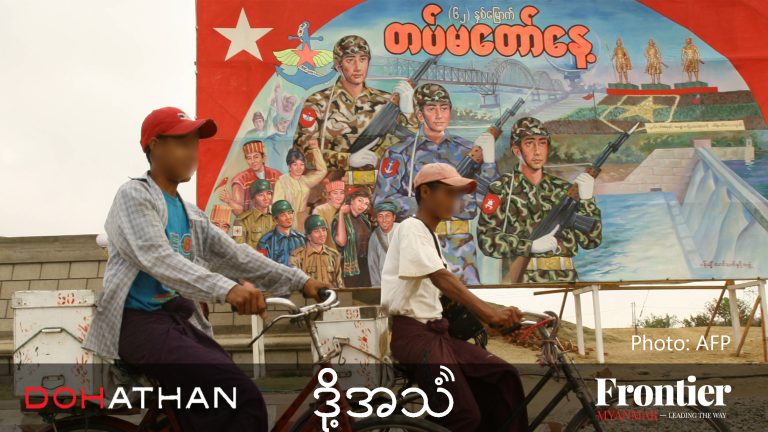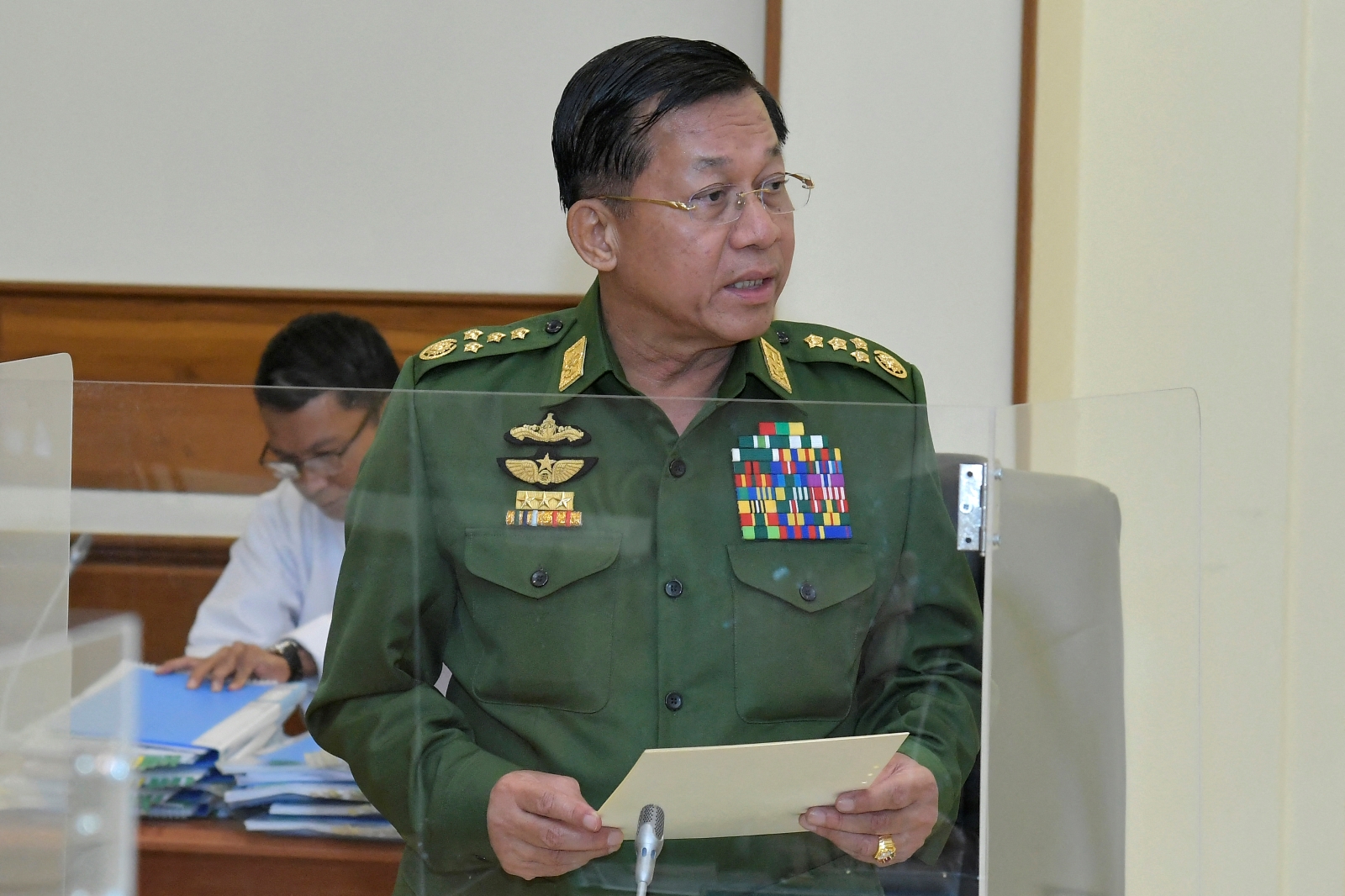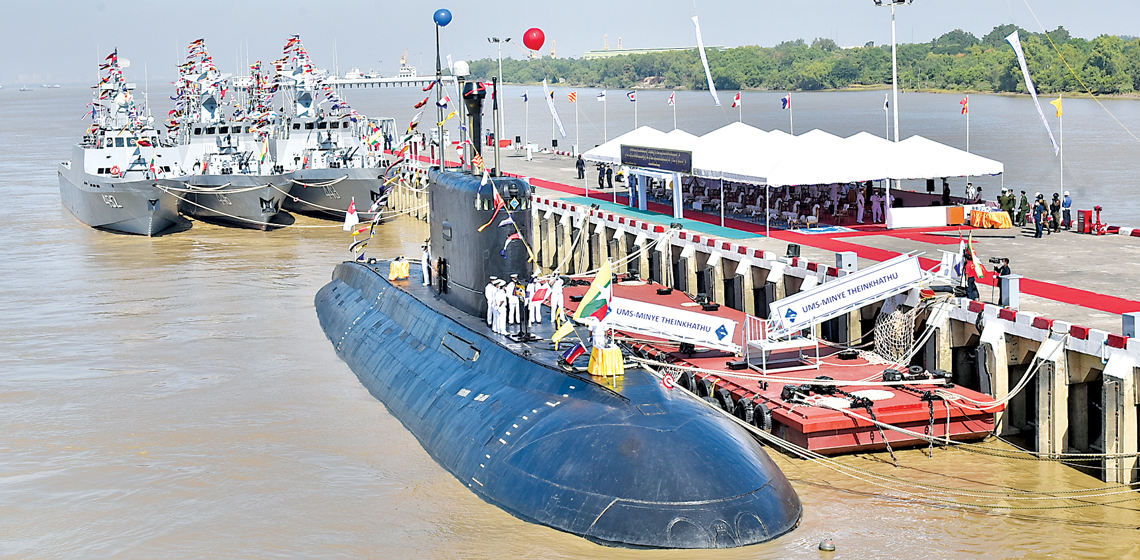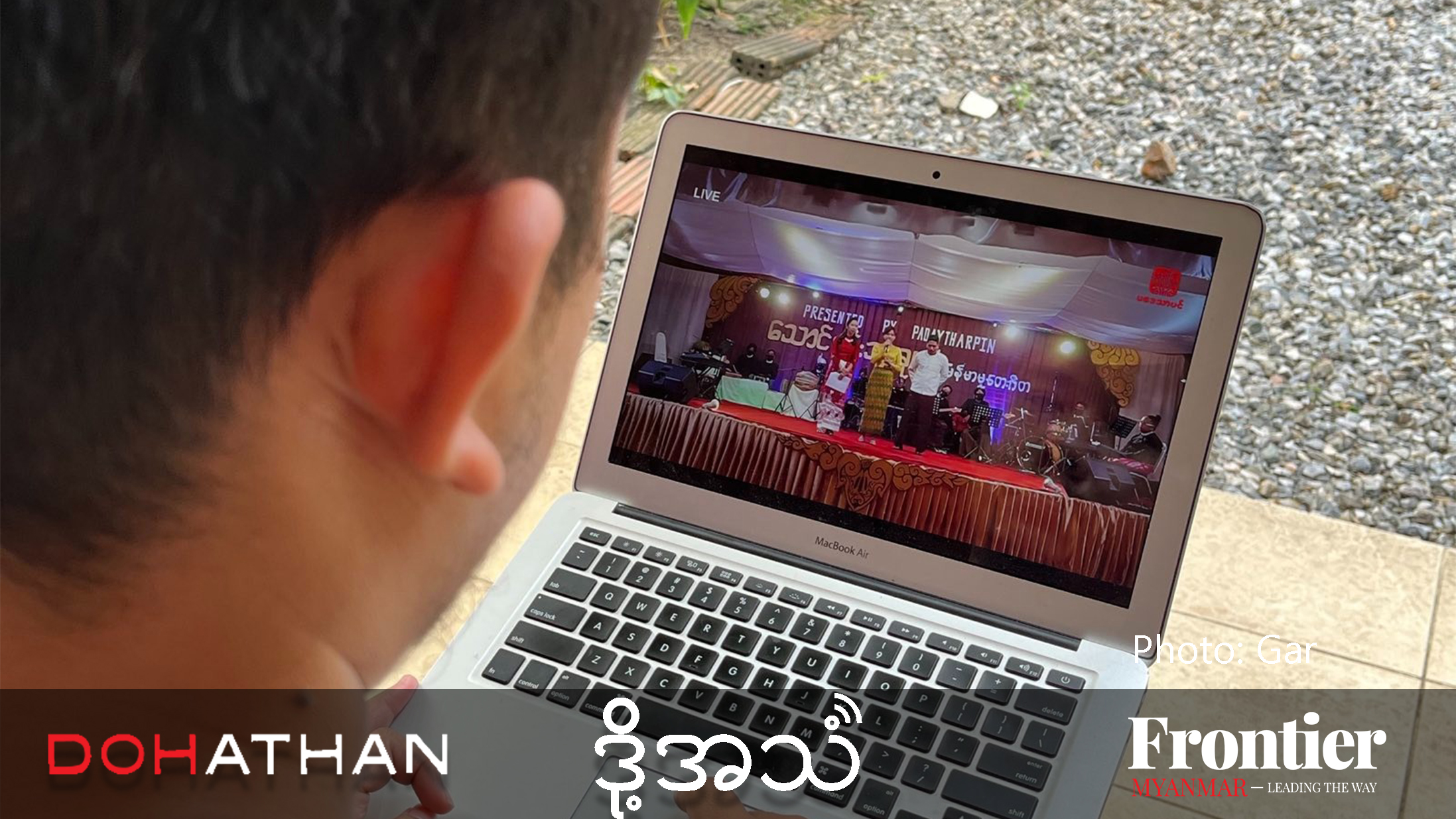Social media has become an important new player in this year’s election campaign, providing both positive and negative spin on the polls.
Since campaigning for November’s election began on September 8, profiles of dozens of competing candidates have emerged on Facebook. The pages are regularly used to post pictures of the candidates out on the campaign trail meeting voters.
“In 2015, many more people in Myanmar are using Facebook than in 2010 and 2012. Although Facebook is not our main campaign tool, because many of our voters do not have regular internet access, it is useful for keeping people up to date with our activities and policies,” said the manager of a National League for Democracy candidate’s Facebook page, who requested anonymity because party members are not permitted to speak to the media.
Public access to information has come far since Myanmar last went to a nationwide poll in 2010. Five years ago, very few people could use the internet and gained most of their information from newspapers, which were often heavily censored by the government.
Since the liberalisation of the telecommunications sector in 2014, unprecedented numbers of Myanmar citizens have obtained mobile phones, and with that internet access. A recent survey conducted by LIRNEasia on Myanmar’s ICT development found that 58 percent of households have access to a SIM card and 57 percent to a mobile phone handset.
The survey also found that 17 percent of all phone owners use the Facebook application, behind only those using “Voice over IP” applications such as Viber and Skype (24 percent) and chat applications like Whatsapp and Facebook messenger (20 percent). The majority of those using the internet do so to gain information about their community or the country, the survey found.
Support more independent journalism like this. Sign up to be a Frontier member.
“Facebook is vital for many of us in Myanmar because it is the only platform that generates a lot of local content. Unlike other countries, we do not have many platforms, so everybody, whether they are businesses, media houses or activist organisations are all on Facebook,” said Ma Htaike Htaike Aung, program director for Myanmar ICT for Development Organization, a civil society group.
With reports that voter lists remain incorrect at the conclusion of their second public display, the Union Election Commission has told voters it is their responsibility to ensure the information is correct. While for many, this means checking the information on a board at the side of a dusty road, Facebook pages such as Let’s Go Vote have been set up to encourage people to ensure the correct information is on the list and to provide information on the voting process.
“With the rise in social media usage we have new opportunities, but we also have new threats as well.”
There have been negative elements to the internet explosion too, with an increase in online hate speech, and Facebook in particular being used to heavily criticise political parties and figures.
In September, a Facebook user with the profile name Thet Wai Phyo, whose profile said he serves in the Tatmadaw, wrote a widely-shared Facebook post asking why the NLD has hired a spy as a political adviser, an apparent reference to Joseph Fisher, a former British diplomat now working as an “international liaison officer” for Daw Aung San Suu Kyi. NLD officials dismissed the claim as “ridiculous” but a number of pages have been set up on the site that appear to be hostile towards the party.
There has also been an increase in online hate speech in recent years, especially on Facebook, where inflammatory posts are easily shared amongst users.
As part of plans to combat this, in April 2014 the Panzagar (Flower Speech) campaign was launched, which aims to oppose hate speech by putting more positive messages on social media.
“With the rise in social media usage we have new opportunities, but we also have new threats as well,” said Ma Htaike Htaike Aung, whose organisation led the Panzagar movement. “So if you want to address these threats, you have to come up with new platforms to address these issues. The whole idea of the Panzagar campaign is to bring positive messages and make people aware that hate speech is not acceptable, either online or offline,” she said, adding that there is a high probability of online hate speech increasing around the election.
In the 2010 election, there were widespread accusations of voter fraud. An April 2015 report by the International Crisis Group said that “in several cases, it was claimed, the authorities simply changed results to ensure that high-profile USDP candidates won and demanded that other candidates sign off on the amended results.”
With an improvement in access to smart phones, it is likely that Facebook, which has five million users in Myanmar according to the website’s statistics, can be used to share information about incidents. However, with few checks and balances in place regarding the authenticity of many posts, this has the potential to be both positive and negative.
Ko Sai Ye Kyaw Swar Myint, executive director, People’s Alliance for Credible Elections (PACE), an election observation group, said that Facebook could be used on election day to share information deemed important.
“On election day, if our observers have information to share and their connection is good enough then it could be useful for keeping people informed. For example, they can provide information about if polling stations are open and on time,” he said.







